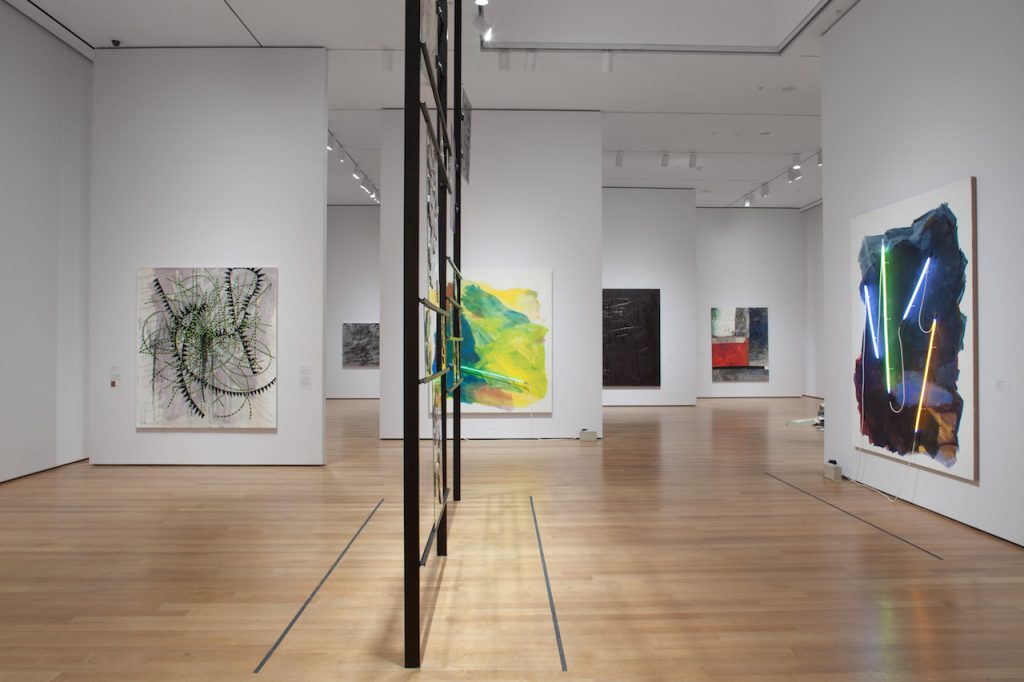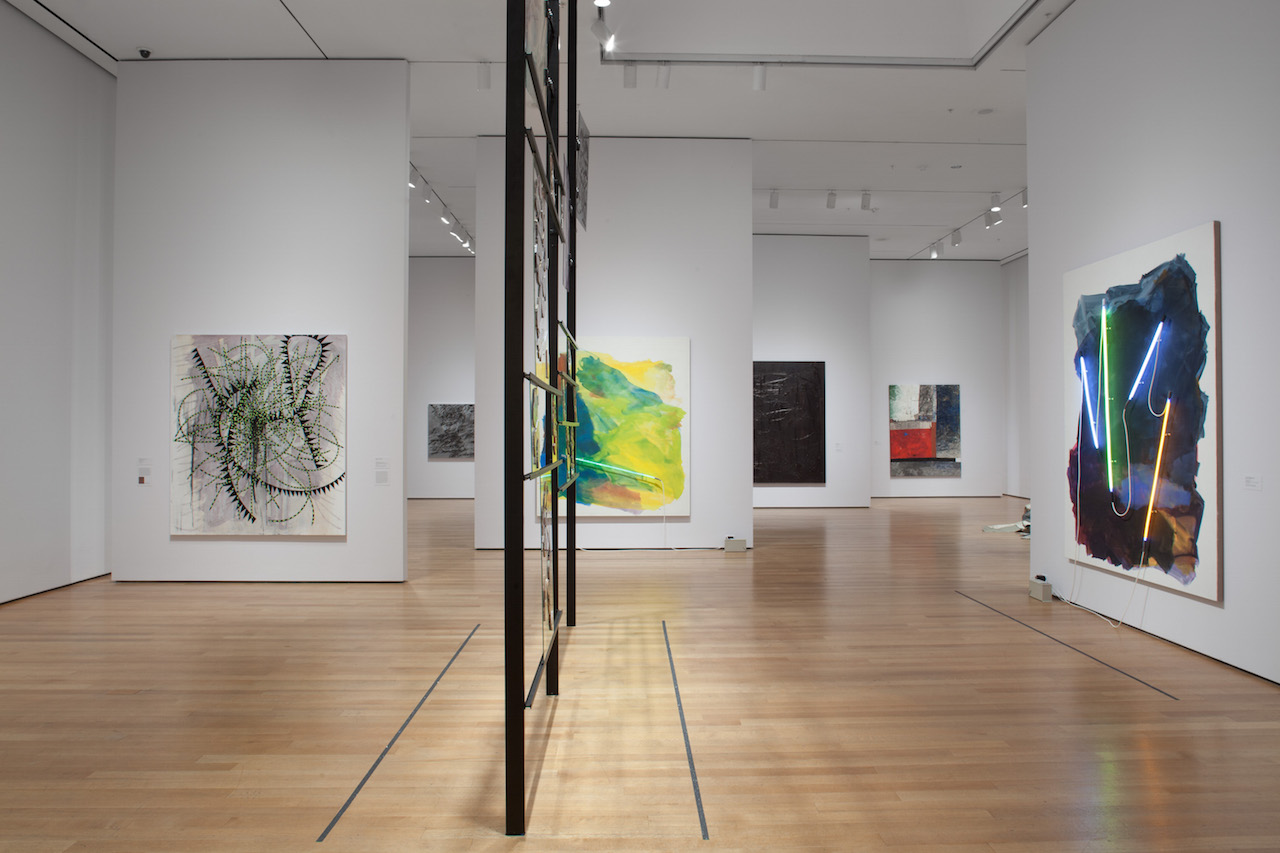
ICA Philadelphia Launches First Comprehensive Museum Exhibition of Carl Cheng

**Carl Cheng: Nature Never Loses – A Transformative Survey of Technology, Ecology, and Art at ICA Philadelphia**
Opening January 17, ICA Philadelphia will proudly host *Carl Cheng: Nature Never Loses*, the first comprehensive museum survey of the groundbreaking multidisciplinary artist Carl Cheng. Spanning six decades of Cheng’s innovative career, the exhibition showcases over 60 works accompanied by archival materials, spread across both floors of the Institute of Contemporary Art. This landmark exhibition illuminates Cheng’s unique artistic practice, which defies categorization but consistently operates at the nexus of identity, technology, and ecology.
Curated with an emphasis on process, interaction, and ephemerality, *Nature Never Loses* is an ambitious presentation that offers a fresh lens on Cheng’s prescient work — much of which has been overlooked in traditional art historical discourses. The show provides a dynamic look into his career’s evolution and his ability to anticipate the environmental, technological, and social challenges of our time.
### A Career Born of Context and Experimentation
Carl Cheng’s work is deeply informed by his Southern California roots. The 1960s marked a fertile period of interdisciplinary exploration for Cheng, whose early practice unfolded during a time of political unrest, technological innovation (spurred by the post-war aerospace industry), and rapid urban and environmental transformations. These conditions fostered Cheng’s wide-ranging experimentation with materials and mediums as he interrogated the intersections of art, science, and nature.
Over the past 60 years, Cheng has developed a rich and ever-evolving body of work. Initially known for his photographic sculptures, his oeuvre soon expanded to include “art tools,” interactive site-specific pieces, and “nature machines” that foreshadow the artificial landscapes born of human intervention. These diverse creations probe compelling questions about environmental change, the consequences of human extraction, and the limits of natural agency in an anthropocentric age.
### Exploring Cheng’s Art Tools, Nature Machines, and Environmental Interventions
One of the recurring motifs in Cheng’s work is his engagement with tools and technology as both artistic mediums and critical subjects. For example, he created “art tools” for producing other artworks. These innovations challenge how art is conceptualized and manufactured, questioning the boundaries between process, craft, and finished product.
An equally striking aspect of his practice is his creation of “nature machines” — functional objects that simulate or manipulate environmental phenomena. These machines, including pieces like *Erosion Machine No. 4* (1969–2020), anticipate a human-shaped, artificial world where natural processes are no longer autonomous. This work, composed of plexiglass, water pumps, black lights, and composite “human rocks,” serves as both a meditation on synthetic landscapes and a critique of humans’ extractive relationship with the environment. By tying technology to the ecological crisis, Cheng’s nature machines resonate with pressing contemporary debates on climate change and sustainability.
Cheng’s site-specific works further highlight his commitment to broad public engagement. These projects aim to forge connections across otherwise disparate audiences, an effort that reflects his belief in the relevance of art to everyday life and its potential as a tool for collective awareness.
### Art Meets Ecology and Technology
Cheng’s pioneering approach has also led him to critically examine the role of technology in society. His work unpacks the relationship between technological innovation and environmental degradation, offering a critique of the modern obsession with progress and efficiency — a mindset closely associated with both neoliberal economics and the tech industry. His vision represents a vital interrogation of these power structures and their implications for art production, environmental health, and social equity.
The exhibition title, *Nature Never Loses*, points to both a warning and a glimmer of hope. While nature is endlessly resilient, Cheng’s works underscore how human activities have irrevocably altered it. Through his art, he calls for accountability and reframes relationships between humans, ecosystems, and technological systems.
### A Meticulously Curated Retrospective
Curated by Alex Klein, Head Curator and Director of Curatorial Affairs at The Contemporary Austin, in collaboration with Denise Ryner, Andrea B. Laporte Curator at ICA Philadelphia, *Nature Never Loses* reflects years of careful research and collaboration. Klein, who worked closely with Cheng over a four-year period, distilled his vast archival and material oeuvre into a cohesive exhibition that spans decades while incorporating rarely seen works and historical documentation of installations and public art.
The exhibition premiered at The Contemporary Austin and will travel to museums across North America and Europe following its Philadelphia presentation, further cementing its status as a major reassessment of Cheng’s legacy within the art world.
### Why Carl Cheng’s Work Matters Today
Carl Cheng’s practice is more relevant than ever in our contemporary moment, as art, science, and environmental activism increasingly intersect. Climate change, environmental degradation, and the ethical dilemmas of technological advances are urgent global concerns that Cheng has long explored through his work